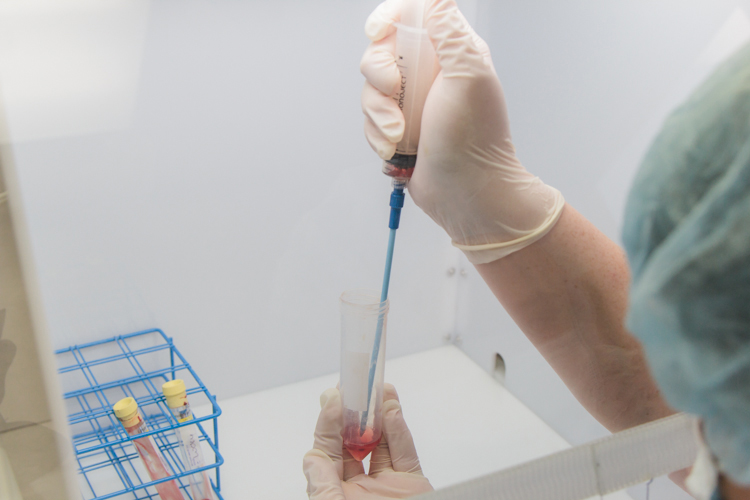
🐾 Regenerative Stem Cell & Platelet-Rich Plasma (PRP) Therapy for Pets
Regenerative therapies harness your pet's own natural healing cells—either from adipose (fat) tissue or blood—to promote tissue repair and reduce pain and inflammation. These treatments are particularly effective for conditions affecting tendons, ligaments, cartilage, bone, and muscle.
Stem Cell Therapy
Stem cells have the unique ability to differentiate into various tissue types, including tendon, ligament, bone, cartilage, and muscle. In veterinary medicine, mesenchymal stem cells (MSCs) are commonly used for their regenerative properties. These cells can be harvested from your pet's own fat tissue and then reintroduced into areas requiring healing. Stem cell therapy has been shown to relieve pain, increase range of motion, and improve the quality of life in pets suffering from conditions such as arthritis, joint pain, cartilage damage, and hip dysplasia.
Platelet-Rich Plasma (PRP) Therapy
PRP therapy involves concentrating platelets from your pet's blood to create a solution rich in growth factors. These growth factors stimulate tissue repair and regeneration. PRP is particularly effective for treating musculoskeletal injuries, including osteoarthritis, tendonitis, and ligament injuries. It has been found to reduce inflammation, promote healing, and improve joint function. PRP therapy is a non-steroidal alternative, making it a safer option for long-term management of joint issues.
Combined Approach
Combining stem cell therapy with PRP can enhance the healing process. While stem cells regenerate tissue, PRP provides a supportive environment by reducing inflammation and promoting cell growth. This combined approach has shown promising results in improving mobility and reducing pain in pets with chronic musculoskeletal conditions.
Is Your Pet a Candidate?
If your pet is experiencing joint pain, reduced mobility, or has been diagnosed with conditions like arthritis or hip dysplasia, regenerative therapies may be beneficial. Consult with your veterinarian to determine if stem cell or PRP therapy is appropriate for your pet's specific condition.